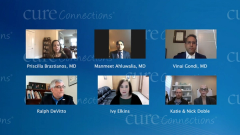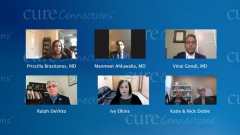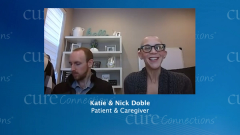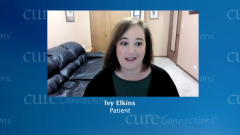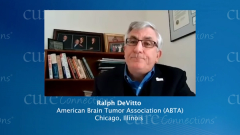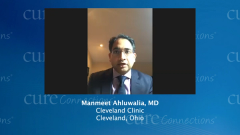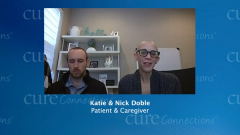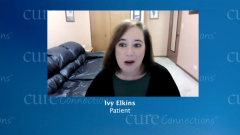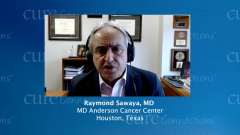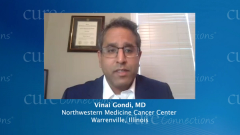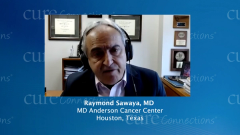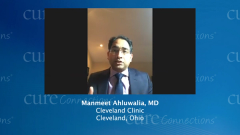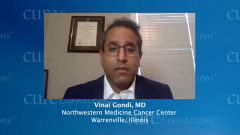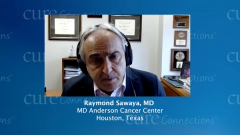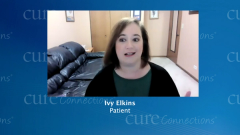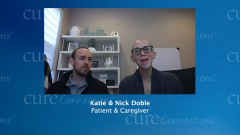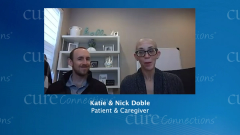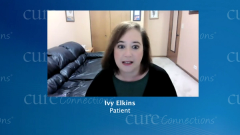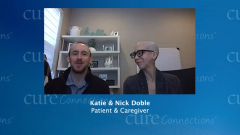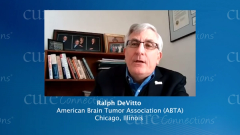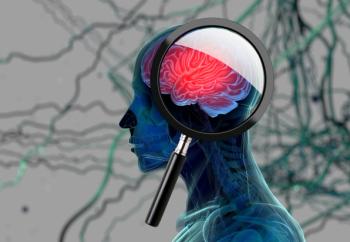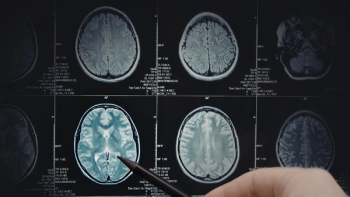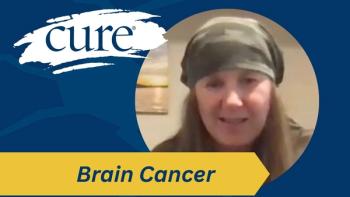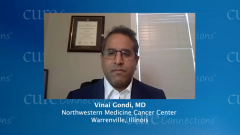
Experiencing a Diagnosis of Brain Metastases
Episodes in this series

Priscilla Brastianos, MD: Let’s turn our attention now to Ivy and Katie again. Again, thank you so much for the time you’re taking to talk to us today and for telling us your story. Tell us a little bit more about your emotions when you were diagnosed with the brain metastases.
Ivy Elkins: I was completely shocked when I was diagnosed with brain metastases because as I’ve mentioned, I didn’t have any symptoms. I didn’t have any idea that I had brain metastases. But even though I was already devastated to be diagnosed with stage 4 lung cancer, it even seemed worse to have it spread to my brain. You always, as a person just living in society with a non-medical background, you always hear, “Oh my gosh, the cancer went to so-and-so’s brain and that was it.” That’s the impression you have of brain metastases, or at least it was certainly the impression I had. I felt like that was the worst possible thing that could happen. That’s why it was very important when I spoke to a radiation oncologist and she told me, “The brain is an organ and can be treated like other organs can.” That settled some of my initial concerns. But I was very worried about how I didn’t have any symptoms initially, and how treatment might impact that. Would the treatment cause cognitive issues if I needed to have, say, whole-brain radiation? It was very, very concerning when I first found out about the metastasis.
Priscilla Brastianos, MD: Yeah, I’m sure. It’s incredibly scary. Katie, what about you? Tell us a little bit more about your experience.
Katie Doble: As I said earlier, all along I have had doctors telling me it doesn’t spread to the brain. For me it was a total shock as well and it was just another hit. In my whole cancer journey, what we’re trying to do is buy me time. Getting a hit like that when we had gotten the liver under control was devastating. It was shocking and I was terrified because the brain is controlling a lot of things going on, and because I was having the side effects, it was scary what was happening with my body. I remember sending out Mother’s Day cards and I had licked three envelopes and my tongue became numb and then it sort of crept up the side of my face. It was about 10 o’clock at night and I called my dad in Omaha, Nebraska, and I woke him up, and he kind of laughed at me. I think I’m having a George Costanza’s fiancée moment from Seinfeld where she licks all the envelopes and dies. What’s happening to me? Again, even my dad was like, “Katie, it’s not in your brain.” I kept being told, “It’s not in your brain,” and “You’re fine, you’re fine.” It was such a shock, but the doctors were so quick in their actions. When my doctor called me to confirm it, he already had me scheduled for gamma knife surgery, and so there was relief. I think there was relief that there was an explanation for what was happening with my body. There was validation of, “You’re not crazy, something is wrong,” and then relief knowing that there was a plan in place already to take care of it and that it was effective. I had heard of gamma knife before. I knew that it was a highly effective treatment, so there was hope that this would take care of things and then we would move on like we always do.
Transcript Edited for Clarity

